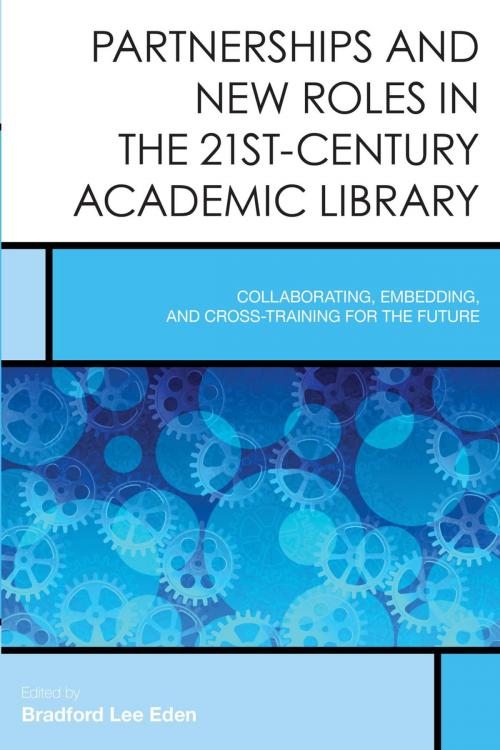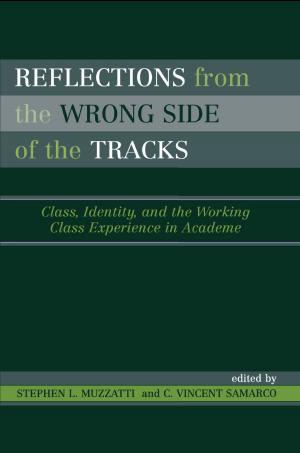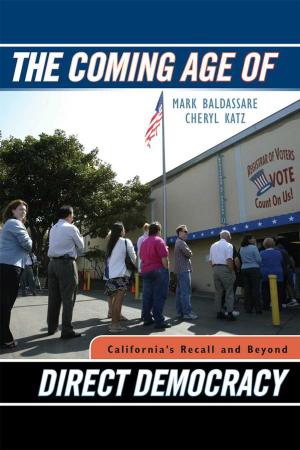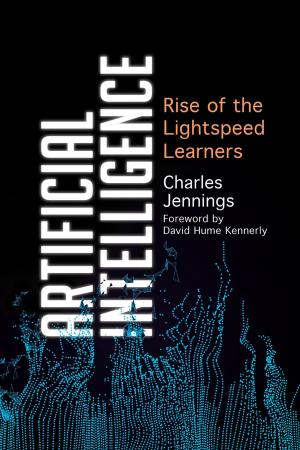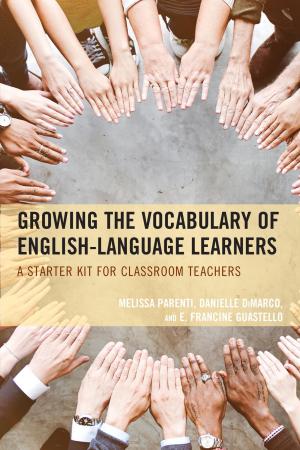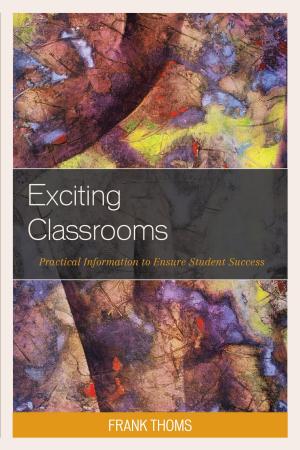Partnerships and New Roles in the 21st-Century Academic Library
Collaborating, Embedding, and Cross-Training for the Future
Nonfiction, Reference & Language, Language Arts, Library & Information Services| Author: | ISBN: | 9781442255418 | |
| Publisher: | Rowman & Littlefield Publishers | Publication: | September 18, 2015 |
| Imprint: | Rowman & Littlefield Publishers | Language: | English |
| Author: | |
| ISBN: | 9781442255418 |
| Publisher: | Rowman & Littlefield Publishers |
| Publication: | September 18, 2015 |
| Imprint: | Rowman & Littlefield Publishers |
| Language: | English |
The fifth volume in this series focuses on creating partnerships and developing new roles for libraries in the 21st century. It includes such topics such as consulting, coaching, assessment and engagement partnerships, university commercialization, adult student support, librarian-faculty partnerships in developing and supporting new academic courses, and creating and staffing the information commons. The concept of embedded librarianship is touched upon in the context of extending the role of the librarian outside the library. The chapters in this volume demonstrate that just as students are extending the ways in which they learn, librarians must embrace new roles and modalities if they are to provide the types of support required by patrons. A typical example of growing importance: massive open online courses (MOOCs) create challenges and opportunities as they are constantly evolving; they change fundamentally the way students interact with teachers, their fellow students, any course content, and existing or new library services. To survive, librarians need to be engaged in ways that push beyond current professional limits in order to better support the needs of learners. Doing this will not be an easy task, but one that librarians are certainly up to.
It is hoped that this volume, and the series in general, will be a valuable and exciting addition to the discussions and planning surrounding the future directions, services, and careers in the 21st-century academic library.
The fifth volume in this series focuses on creating partnerships and developing new roles for libraries in the 21st century. It includes such topics such as consulting, coaching, assessment and engagement partnerships, university commercialization, adult student support, librarian-faculty partnerships in developing and supporting new academic courses, and creating and staffing the information commons. The concept of embedded librarianship is touched upon in the context of extending the role of the librarian outside the library. The chapters in this volume demonstrate that just as students are extending the ways in which they learn, librarians must embrace new roles and modalities if they are to provide the types of support required by patrons. A typical example of growing importance: massive open online courses (MOOCs) create challenges and opportunities as they are constantly evolving; they change fundamentally the way students interact with teachers, their fellow students, any course content, and existing or new library services. To survive, librarians need to be engaged in ways that push beyond current professional limits in order to better support the needs of learners. Doing this will not be an easy task, but one that librarians are certainly up to.
It is hoped that this volume, and the series in general, will be a valuable and exciting addition to the discussions and planning surrounding the future directions, services, and careers in the 21st-century academic library.
